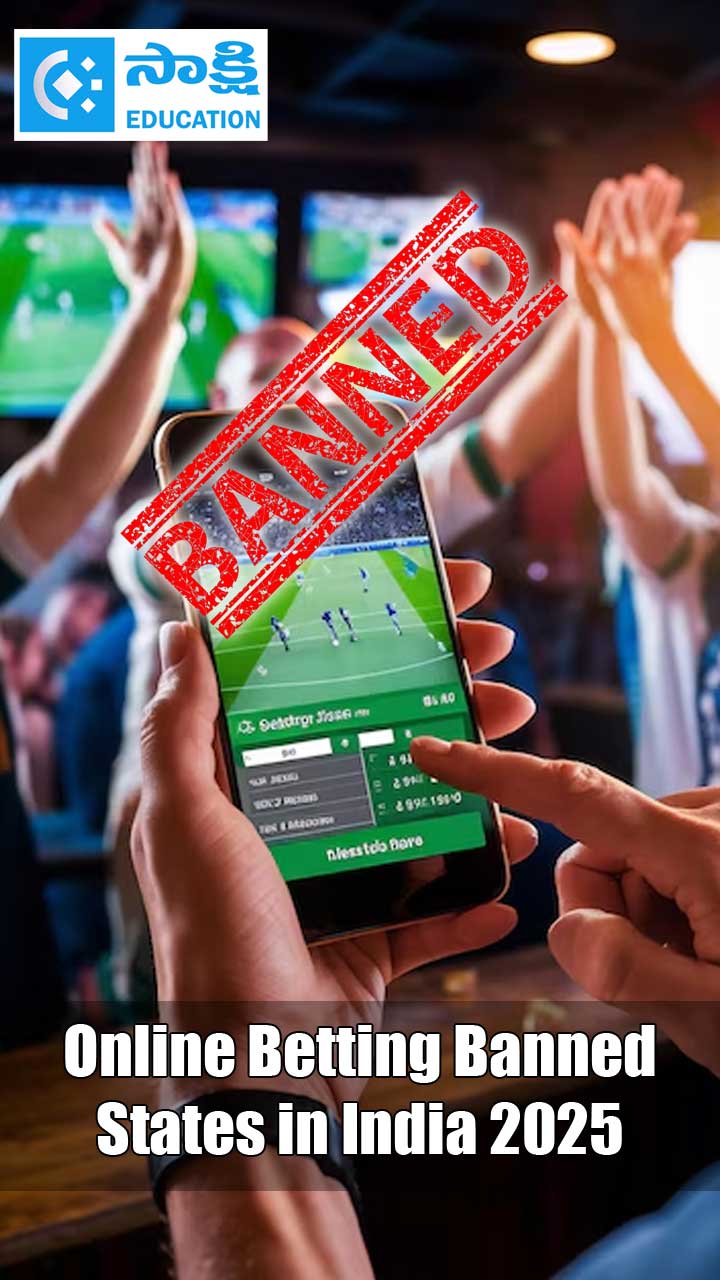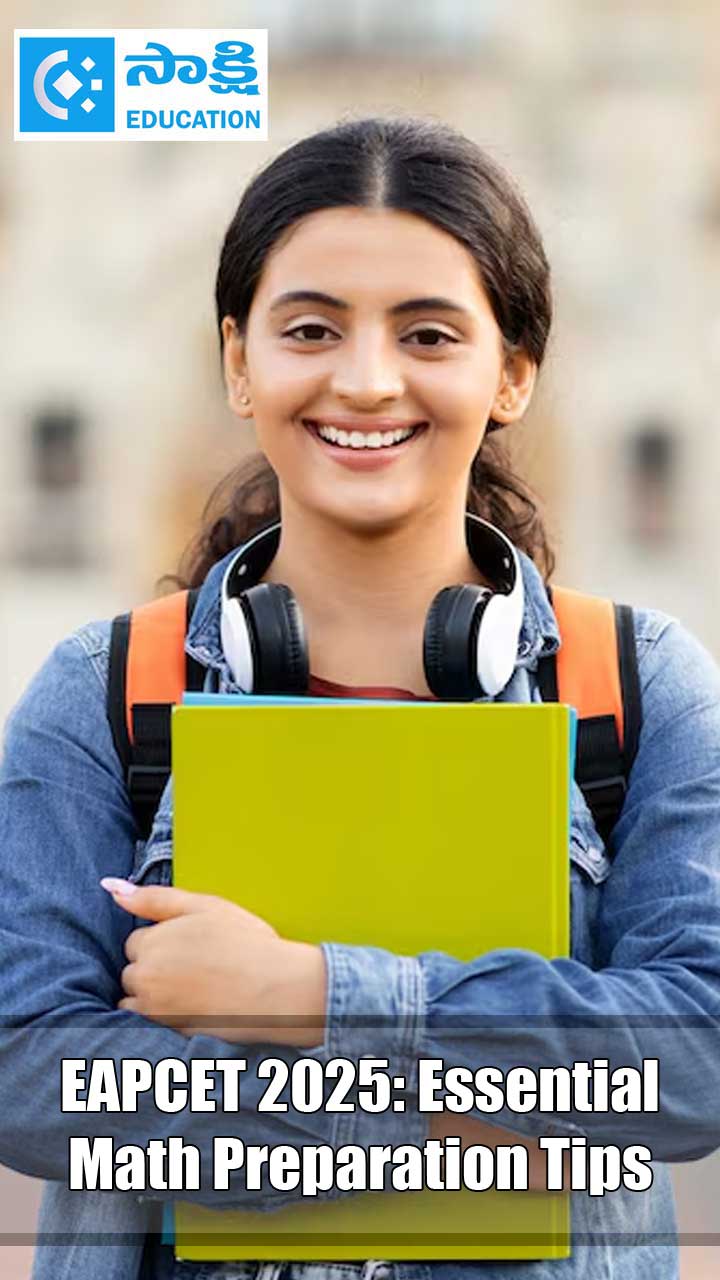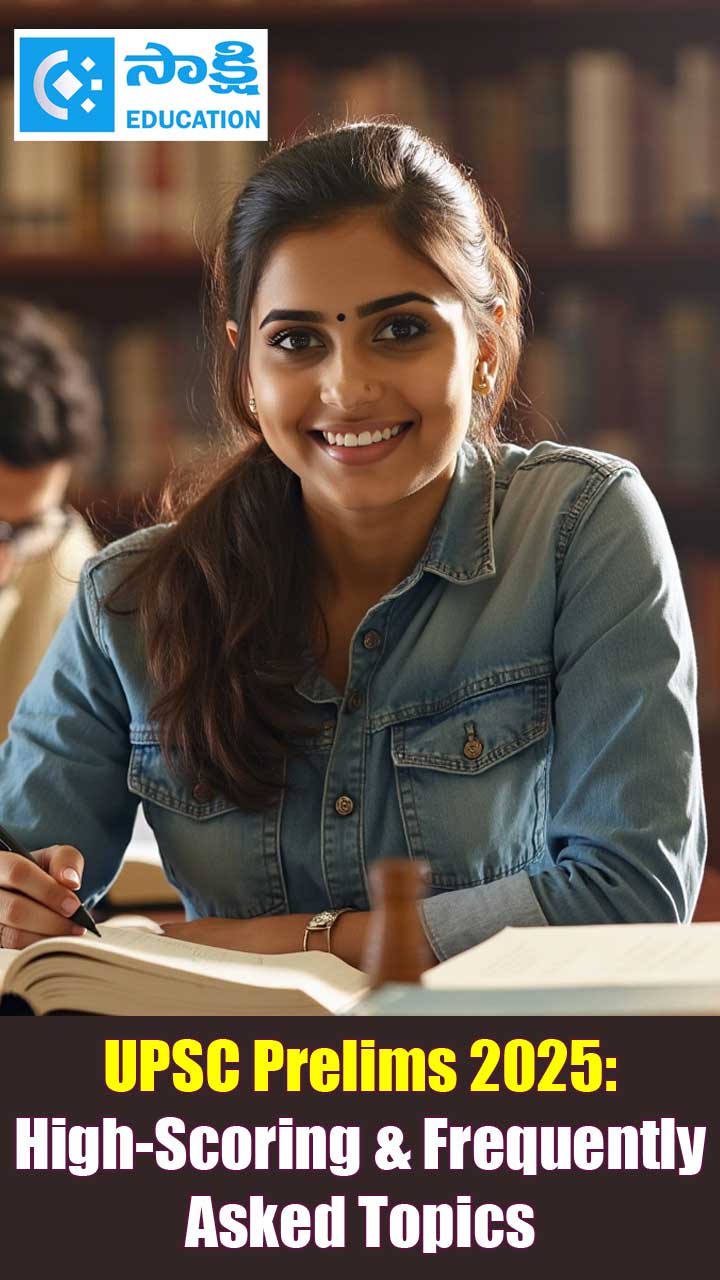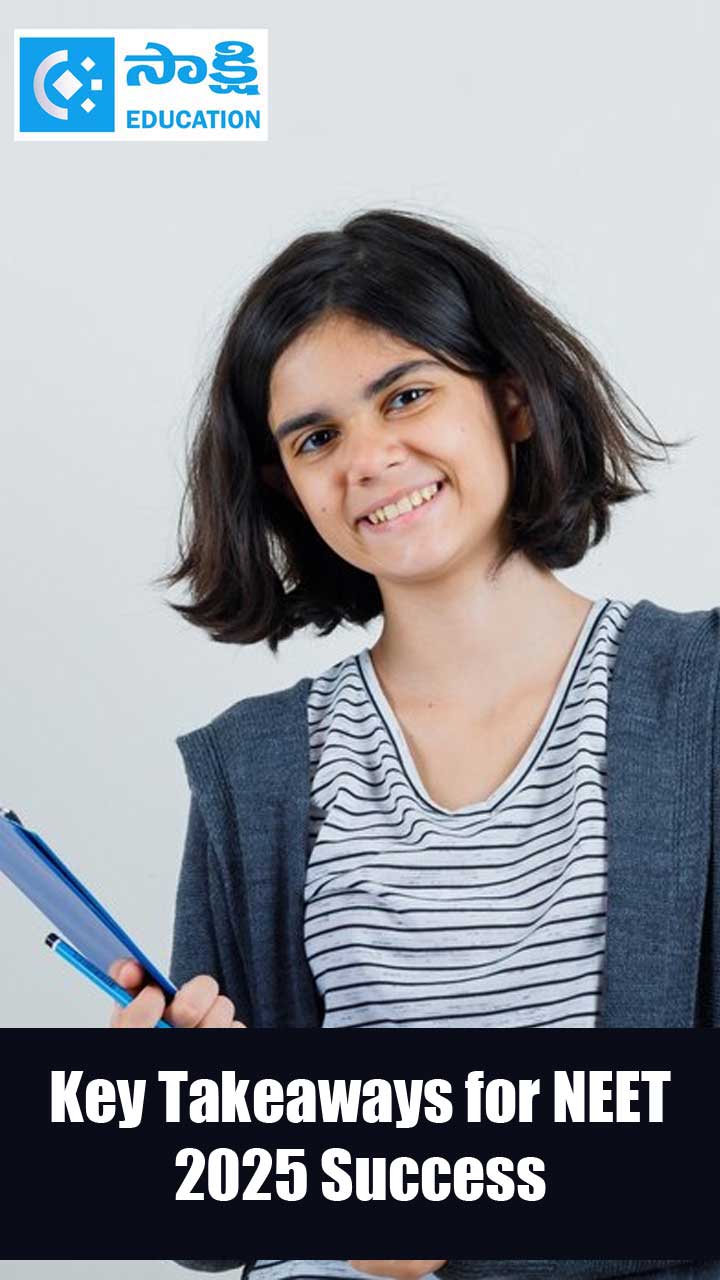Unless you provide quality of highest order, it is difficult to survive: IIM Calcutta Director
Sakshi Education

Prof. Shekhar Chaudhuri, Director of Indian Institute of Management-Calcutta has been heading the institution since 2002.
Q. What have been the major initiatives taken during your tenure as the Director of this institutions in past decade?
Prof. Chaudhuri - I have spoken about some my initiatives and to talk of other major ones I would consider the organizing of retreat which was later organised in 2007 and then in 2009. These retreats were to understand what steps are to be taken for the future development of the institute like in 2007 after the review we announced our new curriculum, discussions took place around how the organisation should respond to the need of the society, what should be structure of the organisation? Changes to be made in curriculum, Infrastructure, etc. as a result of these retreats we have taken lot of reforms and initiatives. In 2006 we launched a one year Post Graduate programme for executives with people coming with minimum five years of experience and for that we said we will use GMAT (Graduate Management Admission Test) score rather than CAT (Common Admission Test) score as GMAT is an internationally known examination system. The objective was to educate experienced executives for leadership positions in global corporations.
In 2007, we launched a PG programme for executives in leadership in manufacturing as we felt the need for attention in the sector. For this IIT Kanpur and IIT madras came on board and jointly with CII we designed this programme under the aegis of National Manufacturing Competitiveness Council (NMCC). The minimum qualification is five years of work experience and generally people come with more experience.
We are also using the satellite communication technology to offer our programmes in different parts of the country while our faculty members are located in Calcutta and through this programme we have generated about 20 crores rupees till date. In 2009 we also started a revamped doctoral curriculum in this a person has to do six advanced courses in his or her area. We have also changed our admission criteria as earlier we were taking admission through CAT but to increase the number of students and now we have different channels though which we take admission. Earlier we used to get seven-eight students in our doctoral programme but in past few years the number has gone up to 20-30 students every year.
We have also taken several steps to increase our physical structure and in this we have constructed about 3 lakh square feet of built up space and another 2.5 lakh are in process of construction which will have two hostel campuses, a new academic complex which will have 100 offices for faculty members and 14 classrooms, etc. with these our executive education will increase significantly.
Q. What are your views about the recent trend of providing management education in India as large number of institutions have mushroomed in past two decades and now they are closing down?
Prof. Chaudhuri - This has happened because they were given permission to start management programmes without quality checks, many of them had commercial interest. I believe unless you provide quality of highest order it is difficult to survive. It has also happened because of economy going down in past three-four years since 2008. It was bound to happen that sooner or later these institutions would close and that’s what is happening today.
Q. You have taught at foreign institutions as well as Indian, what basic difference you find in the teaching learning environment at both?
Prof. Chaudhuri - As per my experience of teaching in foreign institutions mostly in US institutions in both under graduate (UG) and post graduate (PG) programmes the students are much more serious in foreign institutions at UG level than in India. The faculty at IIMs are handling various things like teaching, training, consultancy projects which are called institutional activity while in US faculty members are required to just teach and training and consultancy are considered their individual activity and there is no sharing of income with the institution. The consultancy is much more in top schools in US but in other ones it is very less but in case of IIMs it is very important as with training, consultancy, etc the institute generate resources.
But to compare with very large number of institutions in US not the top ones the older IIMs are far better than them in terms of quality of teaching it is far high quality here. While in US the research is given more importance.
Q. There was plan to open IIM Calcutta opening campus abroad, any development on that?
Prof. Chaudhuri - We have been talking about it but till now there has been no serious development on this, it is there on the horizon. Right now we have so many Indian students here itself who need admission and we can expand our programme. The Government of India is encouraging IIMs to get foreign students in India and we are working on it as priority within our rules. MHRD is also going to organise some road shows for this abroad, this will bring diversity and our students will get exposure and then when they go out and get jobs in foreign countries it will be easier for them.
Q. What are the challenges that IIM-C is facing at present? What are your future plans for the Institution?
Prof. Chaudhuri - There are several challenges that we are facing currently, we have to complete our infrastructure it will take another four-five years, lot of work has been done but we have to strengthen our infrastructure. The second thing is we have to strengthen our administrative machinery in terms of work culture, professionalism we have to strengthen ourselves in these areas.
We have to also increase our faculty strength and we have to add another 30 - 40 faculty members in next few years. We would like to recruit people with very strong research orientation because our goal is to become a much more research oriented institution. We are focusing on two aspects teaching excellence and research excellence, these will be two guiding factors for us. We are inviting people from different universities both foreign and Indian so that our faculty members develop relationship with them and they would come to know what is happening at other institutions and this would give push to research. Fourth we would like to develop a system of incentive that would encourage people to do more research and achieve research excellence as well as teaching excellence.
We would also like to have more faculty development programmes as now we are sending faculty to Harvard to acquaint our faculty members with latest techniques and orientation to become absolutely world class.
We also want to strengthen our student exchange programme; we would like to increase number of students in all of our programmes. The other challenge would be to strengthen our executive education further.
We also have plan to start very strong online programme which will be a post graduate certificate though we have not finalised it as it is in planning stage and in later stage we may be able to award diploma through our online programme. For that we will need to have very strong admission process, then curriculum, examination, etc. so that we can reach out to very large number of people.
We are also planning to develop a management teacher’s programme where people from industry or other university would like to come and spend a year at our campus and work as faculty member.
Source: https://www.iimcal.ac.in
Q. What have been the major initiatives taken during your tenure as the Director of this institutions in past decade?
Prof. Chaudhuri - I have spoken about some my initiatives and to talk of other major ones I would consider the organizing of retreat which was later organised in 2007 and then in 2009. These retreats were to understand what steps are to be taken for the future development of the institute like in 2007 after the review we announced our new curriculum, discussions took place around how the organisation should respond to the need of the society, what should be structure of the organisation? Changes to be made in curriculum, Infrastructure, etc. as a result of these retreats we have taken lot of reforms and initiatives. In 2006 we launched a one year Post Graduate programme for executives with people coming with minimum five years of experience and for that we said we will use GMAT (Graduate Management Admission Test) score rather than CAT (Common Admission Test) score as GMAT is an internationally known examination system. The objective was to educate experienced executives for leadership positions in global corporations.
In 2007, we launched a PG programme for executives in leadership in manufacturing as we felt the need for attention in the sector. For this IIT Kanpur and IIT madras came on board and jointly with CII we designed this programme under the aegis of National Manufacturing Competitiveness Council (NMCC). The minimum qualification is five years of work experience and generally people come with more experience.
We are also using the satellite communication technology to offer our programmes in different parts of the country while our faculty members are located in Calcutta and through this programme we have generated about 20 crores rupees till date. In 2009 we also started a revamped doctoral curriculum in this a person has to do six advanced courses in his or her area. We have also changed our admission criteria as earlier we were taking admission through CAT but to increase the number of students and now we have different channels though which we take admission. Earlier we used to get seven-eight students in our doctoral programme but in past few years the number has gone up to 20-30 students every year.
We have also taken several steps to increase our physical structure and in this we have constructed about 3 lakh square feet of built up space and another 2.5 lakh are in process of construction which will have two hostel campuses, a new academic complex which will have 100 offices for faculty members and 14 classrooms, etc. with these our executive education will increase significantly.
Q. What are your views about the recent trend of providing management education in India as large number of institutions have mushroomed in past two decades and now they are closing down?
Prof. Chaudhuri - This has happened because they were given permission to start management programmes without quality checks, many of them had commercial interest. I believe unless you provide quality of highest order it is difficult to survive. It has also happened because of economy going down in past three-four years since 2008. It was bound to happen that sooner or later these institutions would close and that’s what is happening today.
Q. You have taught at foreign institutions as well as Indian, what basic difference you find in the teaching learning environment at both?
Prof. Chaudhuri - As per my experience of teaching in foreign institutions mostly in US institutions in both under graduate (UG) and post graduate (PG) programmes the students are much more serious in foreign institutions at UG level than in India. The faculty at IIMs are handling various things like teaching, training, consultancy projects which are called institutional activity while in US faculty members are required to just teach and training and consultancy are considered their individual activity and there is no sharing of income with the institution. The consultancy is much more in top schools in US but in other ones it is very less but in case of IIMs it is very important as with training, consultancy, etc the institute generate resources.
But to compare with very large number of institutions in US not the top ones the older IIMs are far better than them in terms of quality of teaching it is far high quality here. While in US the research is given more importance.
Q. There was plan to open IIM Calcutta opening campus abroad, any development on that?
Prof. Chaudhuri - We have been talking about it but till now there has been no serious development on this, it is there on the horizon. Right now we have so many Indian students here itself who need admission and we can expand our programme. The Government of India is encouraging IIMs to get foreign students in India and we are working on it as priority within our rules. MHRD is also going to organise some road shows for this abroad, this will bring diversity and our students will get exposure and then when they go out and get jobs in foreign countries it will be easier for them.
Q. What are the challenges that IIM-C is facing at present? What are your future plans for the Institution?
Prof. Chaudhuri - There are several challenges that we are facing currently, we have to complete our infrastructure it will take another four-five years, lot of work has been done but we have to strengthen our infrastructure. The second thing is we have to strengthen our administrative machinery in terms of work culture, professionalism we have to strengthen ourselves in these areas.
We have to also increase our faculty strength and we have to add another 30 - 40 faculty members in next few years. We would like to recruit people with very strong research orientation because our goal is to become a much more research oriented institution. We are focusing on two aspects teaching excellence and research excellence, these will be two guiding factors for us. We are inviting people from different universities both foreign and Indian so that our faculty members develop relationship with them and they would come to know what is happening at other institutions and this would give push to research. Fourth we would like to develop a system of incentive that would encourage people to do more research and achieve research excellence as well as teaching excellence.
We would also like to have more faculty development programmes as now we are sending faculty to Harvard to acquaint our faculty members with latest techniques and orientation to become absolutely world class.
We also want to strengthen our student exchange programme; we would like to increase number of students in all of our programmes. The other challenge would be to strengthen our executive education further.
We also have plan to start very strong online programme which will be a post graduate certificate though we have not finalised it as it is in planning stage and in later stage we may be able to award diploma through our online programme. For that we will need to have very strong admission process, then curriculum, examination, etc. so that we can reach out to very large number of people.
We are also planning to develop a management teacher’s programme where people from industry or other university would like to come and spend a year at our campus and work as faculty member.
Source: https://www.iimcal.ac.in
Published date : 14 Dec 2012 02:12PM

















